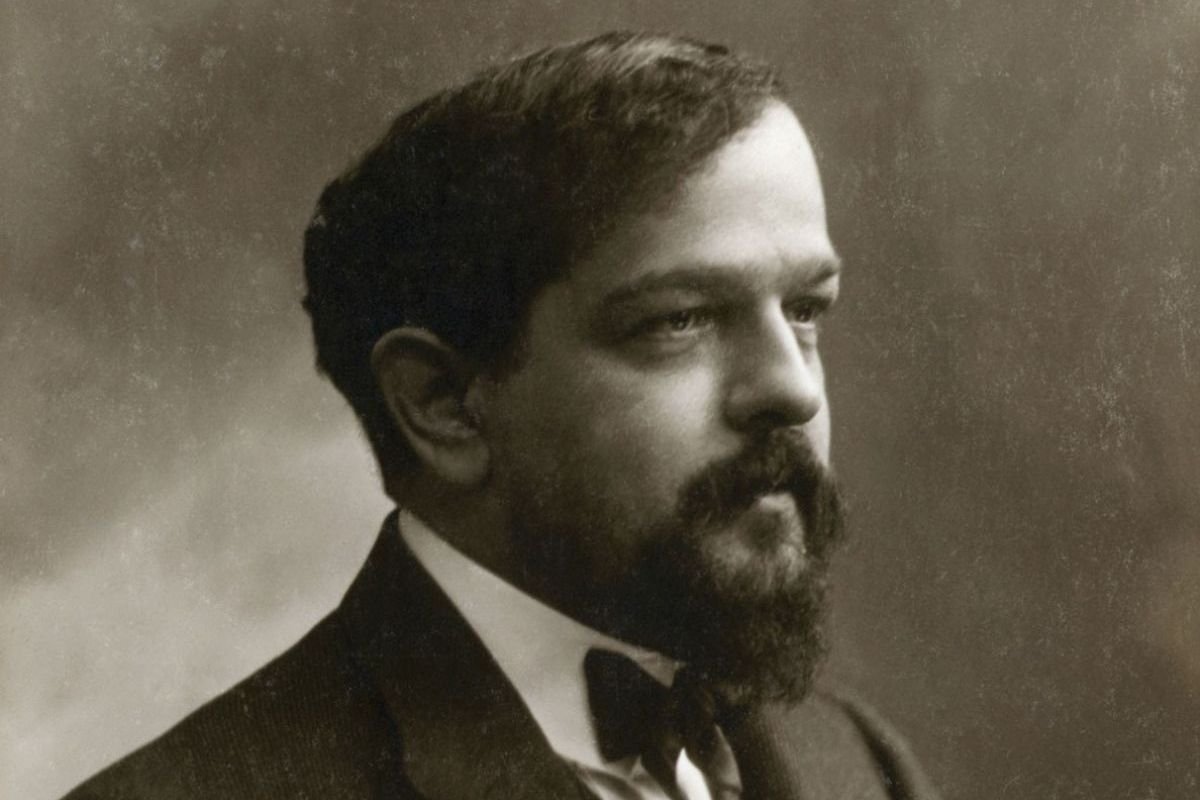
Claude Debussy
The innovative French composer Claude Debussy was much revered by Dutch audiences; his first appearance, however, with the Concertgebouw Orchestra was also his last: he died four years later.
by Martijn Voorvelt
Claude Debussy pioneered a style that was both innovative and appealing, with music that broke all the rules but was seductive, colourful, exotic and yet thoroughly French. He had become a hero in Paris after the premiere of Prélude à l'après-midi d'un faune in 1894; the Netherlands followed, although somewhat later. The Concertgebouw Orchestra played the Prélude for the first time in 1904; it was a success, but it was Debussy's three-part orchestral work La mer (1903-05) that stole the hearts of Amsterdammers to a greater extent when it was first performed here in April 1910. Chief conductor Willem Mengelberg programmed it frequently in 1911, sometimes alternating it with L'enfant prodigue or the Nocturnes. Ibéria was a massive hit in 1912 and 1913 — audiences could simply not hear it often enough.
Attempts had meanwhile been made to persuade Debussy to visit Amsterdam, but he was not particularly taken with the idea. As the Dutch national newspaper NRC reported in an extensive article on the composer:
The management of the Concertgebouw has made repeated attempts to persuade Claude Debussy to come to Amsterdam and to convince him how much his works were appreciated in the Netherlands, but always in vain. Some of those who know him assured us that the artist lived a very reclusive life and had insurmountable objections to touring and public appearances; only a fortunate combination of circumstances might give us the privilege of seeing the celebrated master in our midst.
An about-turn came thanks to the then-famous Swiss conductor Gustave Doret, a friend of Debussy’s and an admirer of the Concertgebouw Orchestra. Doret made his debut with the orchestra in January 1912 and returned again in December, when he was approached to act as mediator. The overjoyed Doret offered to accompany Debussy on the journey, as then he would come...
It worked. Debussy arrived with Doret on 26 February 1914, constantly sending telegrams and letters to his wife Emma Bardac throughout his stay; one such telegram on the 26th ran “arrivé tristement. quelles heures noires. toute ma tendresse, claude (a sad arrival. some dark hours. all my love, claude)”. Doret rehearsed a French programme with the orchestra, with works by Saint-Saëns and Duparc conducted by Doret in the first part; after the interval Debussy would conduct his own music and would also play some of his piano pieces. Mengelberg, however, was not present as he was in Frankfurt at the time.
The concerts were held in The Hague on 28 February and in the Concertgebouw on Sunday afternoon 1 March and were a triumph. The NRC reported the following day that when Debussy made his entrance down the long staircase of the Grote Zaal,
... the orchestra and audience rose as one and gave the man who has here long been appreciated for his art an ovation such as we cannot remember having heard in this hall. Neither Mahler, nor Strauss, nor any other famous personality has experienced such a triumph on their entrance to this hall. This ovation lasted for minutes.
Debussy conducted his Marche écossaise sur un thème populaire, two Nocturnes and the Prélude à l'après-midi d'un faune. He was not a true conductor, but Doret had prepared the orchestra well. According to the NRC:
This is also how he played his Danseuses de Delphes, La Fille aux cheveux de lin and La Puerta del vino at the grand piano: impassive, and yet enriched by an inner glow. He conducted in the same way, simply but clearly and with the most sensitive nuances, his two Nocturnes (Fêtes sounded incomparable!), the Prélude à l'après-midi d'un faune and a very original Marche écossaise. Debussy had indeed carried the day. We ourselves have never experienced such intense impressions of his art as we had today. Unforgettable!
Crowds gathered at the stage door afterwards to pay tribute to the great master. Debussy was honoured, but also seemed somewhat bored. He was clearly homesick and expressed this on several occasions. He telegraphed his wife: “the concert went well. I'll be back tomorrow at 5.15”. He nonetheless allowed himself to be extensively feted by chairman of the board Richard van Rees. Much later that night Debussy smoked a big cigar before boarding an early train to Paris.
Debussy had known five years earlier that he was suffering from colon cancer and never returned. World War I broke out a few months later and Debussy died penniless during the last German offensive in 1918, while Paris was being bombarded with long-range artillery.
Debussy's compositions have always made up a very important part of the Concertgebouw Orchestra’s repertoire. The Prélude à l'après-midi d'un faune, for instance, has so far been performed 262 times, and La Mer nearly 300 times.

